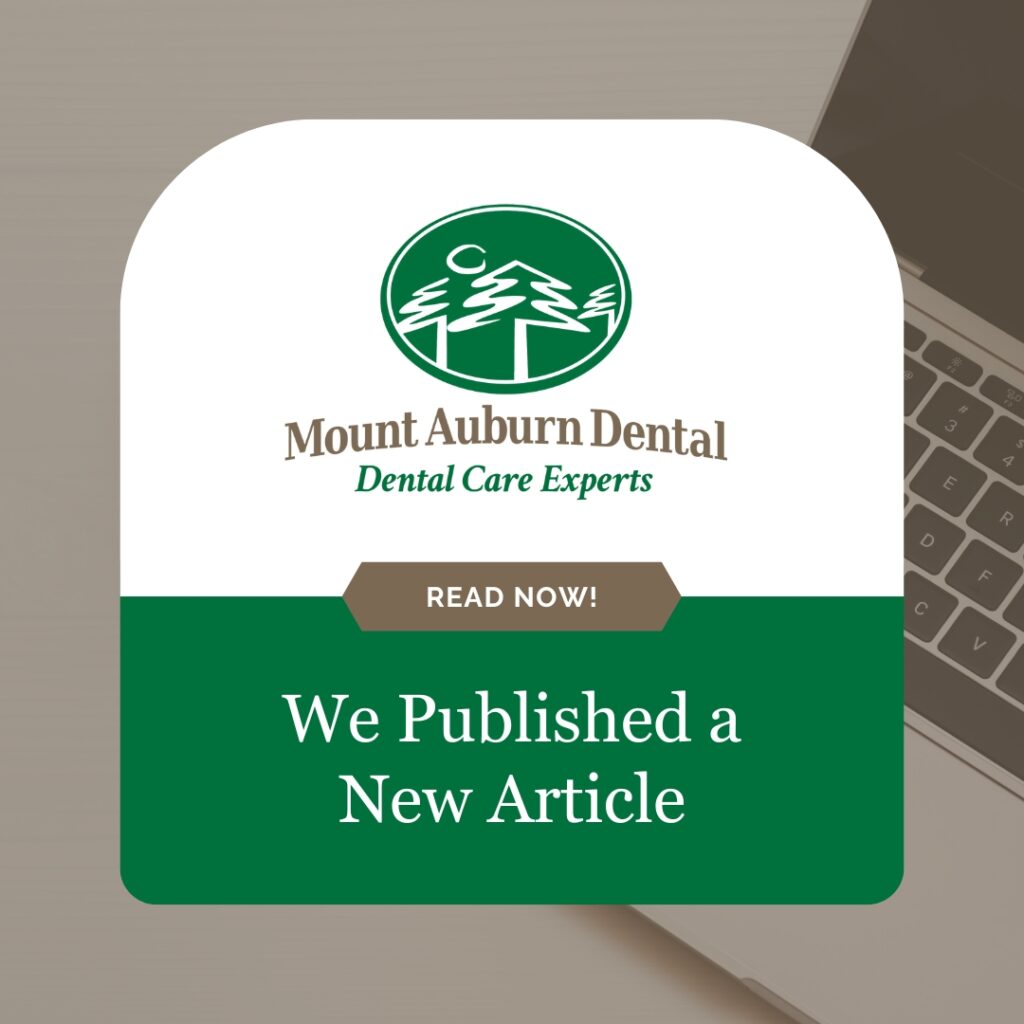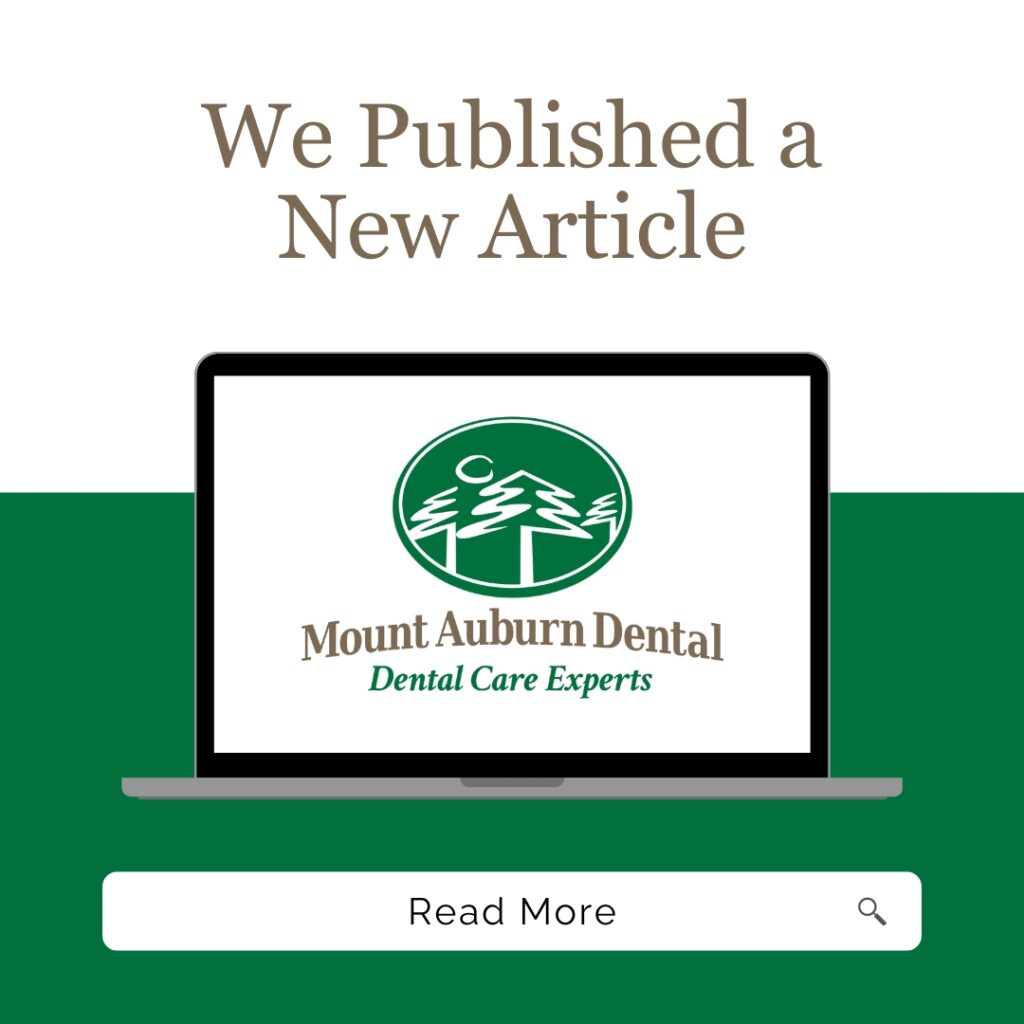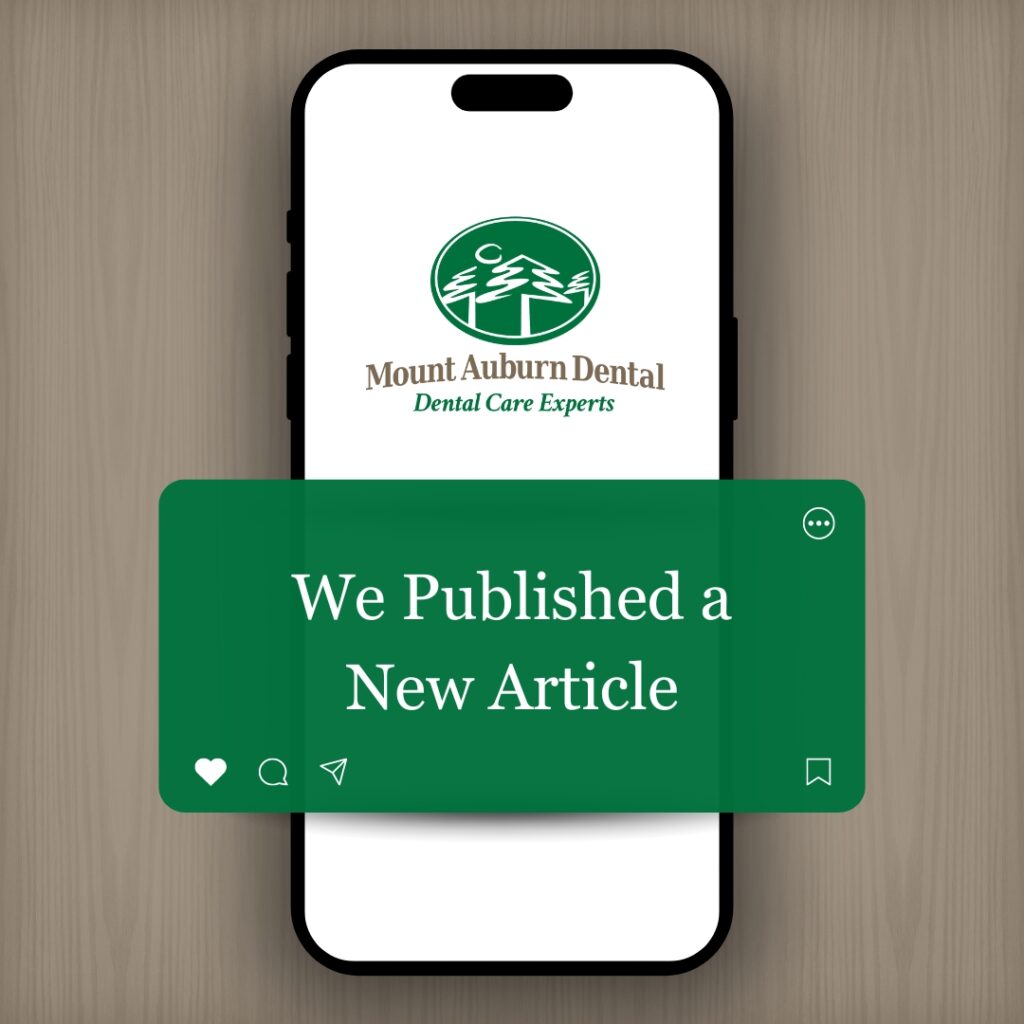
Mount Auburn Dental, located at 227 Mount Auburn Ave, Auburn ME, understands that dental emergencies can happen at any time. Whether it is a sudden toothache, a broken tooth, or an injury to the mouth, knowing how to respond quickly can make a significant difference in the outcome of the situation.
Dental emergencies require prompt attention and appropriate care. Here are some common issues and guidance on how to handle them effectively:
- Toothache: Rinse the mouth with warm salt water and apply a cold compress to the jaw to help alleviate pain. Do not apply heat directly to the tooth as this can worsen the discomfort. Contact a dentist as soon as possible.
- Chipped or Broken Tooth: Rinse the mouth with warm water, and if there are any bleeding areas, use a piece of gauze until the bleeding stops. Preserve any pieces of the tooth and see a dentist immediately.
- Knocked-Out Tooth: Handle the tooth by the crown (not the root) and gently rinse it if it is dirty. Attempt to place it back in the socket, if possible, or keep it in milk or saliva. Seek dental care urgently.
At Mount Auburn Dental, our emergency dental care is designed specifically to provide guidance and assistance during these stressful situations. Patients have shared their positive experiences, stating, “The staff at Mount Auburn Dental always go above and beyond to make me feel comfortable.” This type of dedication is what sets the practice apart in Auburn.
Comprehensive emergency care is just one of the many services offered at Mount Auburn Dental. For more information about our emergency care and other dental services, visit our website at mountauburndental.com.
We understand how a dental crisis can be unsettling. Thus, our team is committed to nurturing a calm and supportive environment. Our experienced staff will guide you through the process, providing clear instructions and care tailored to your needs.
When these situations arise, the priority is always on maintaining your oral health while easing your discomfort. Emergency dental care is not just about treating the immediate issue, but also about establishing a long-term dental plan to ensure your ongoing health.
For updates and helpful tips regarding dental care, follow us on Twitter at twitter.com/helmkampjim. This can provide valuable insights and resources to help you stay informed about your dental health.
In a dental crisis, the team at Mount Auburn Dental is here to support you. If you are looking for a reliable emergency dentist in the Auburn area, reach out today to learn more about our services or to schedule an appointment for your needs. Your health is our top priority, and we are eager to assist you in achieving a healthy smile.
Schedule your appointment now at mountauburndental.com.


